Natural Gas Air Conditioner Pros and Cons
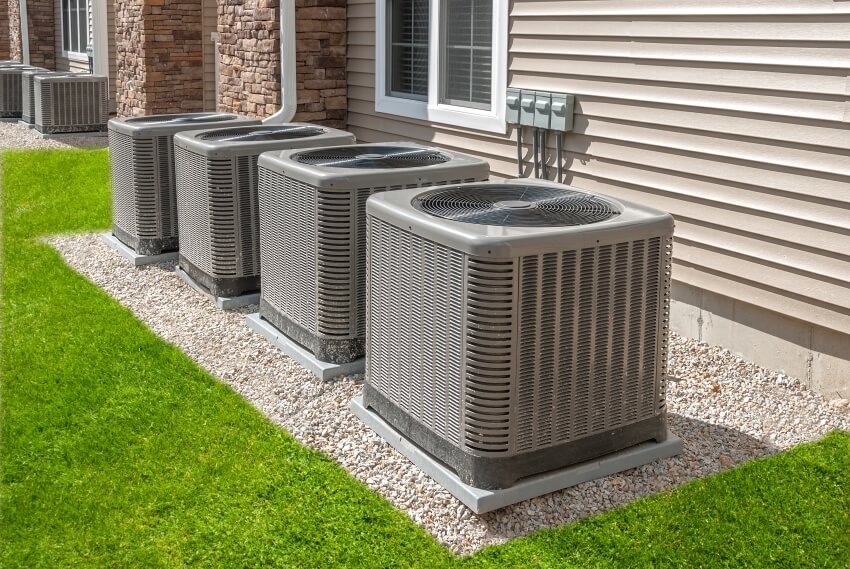
Ever since the 1960s, electricity has become the primary source of power for AC units. However, advances in natural gas cooling technology have been developed and recognized in recent years. Natural gas is not only excellent for cooking, heating water, warming up buildings, fueling automobiles, and powering huge industrial and commercial facilities, but it can also make you feel comfortable and keep you cool during hot weather at a lesser cost than electric counterparts. The premise that this AC system operates using natural gas, which is a type of energy that can be easily preserved, is revolutionary. In this article, we will weigh the pros and cons of using this type of cooling appliance. But first, let us define and clarify how they work.
What Is A Natural Gas Cooling System?
Natural gas is used to power this type of appliance. Its basic structure is reliable and well-designed, and it should function at high-efficiency standards for many decades. Certain gas air conditioning systems use a zero-compressor absorption technique if you utilize natural gas. During the wintertime, these can also be used to warm up your home.
Because they necessitate little ductwork, these cooling systems can also be appropriate for multi-zone cooling. These HVAC systems employ sealed refrigerants, which means they do not need to be recharged.
They are indeed safe for the environment as they do not release particulates into the atmosphere. Moreover, they include fewer moving parts, thus they are easy to maintain.
How Does An Air Conditioner That Uses Natural Gas Work?
The primary function of a natural gas AC unit is to obtain liquid refrigerant. Once it gets the liquid-based refrigerant, it transforms it to gas by a pressure change. They transmit heat to the exterior, absorbing it from the interior air. The compressed refrigerant in the unit collects the excessive heat before being pumped via the pipework to an exterior coil in a covered system. A blower blasts air past the heated coil, delivering the refrigerant’s collected heat to the exterior air.
The interior gets conditioned as the heat has been excluded. Hence, the refrigerant is re-cooled and compressed here before being returned to the system to repeat the cycle. There are several intricate and minor activities occurring within your air conditioning system, but this is the core operation of the system.
It is crucial to note, nonetheless, that most of these units are not entirely dependent on this energy source and still require minimal electricity to work. The furnace and the condenser are the two basic elements of an HVAC system. The furnace is exclusively the one that is being powered by gas if you are using this cooling unit. On the other hand, the condenser continues to be powered by electricity whenever the unit is turned on.
Residential Natural Gas AC Unit Pros
Excellent Airflow – The most significant advantage for individuals who switch to this AC unit is that it runs more effectively in many cases, resulting in enhanced airflow and a cooler interior.
Thus, if you want to optimize the performance of your AC unit, shifting to this type of cooling system would be a fantastic method to do so.
Very Cost-Effective And Economical – These units are substantially more economical than electric-powered units, making the long-term expenditures drastically less. According to some reports, these cooling systems can save users up to 50% on expenses.
Expenses can be substantially lowered even more by adjusting the size of the AC system to the overall size of the room being cooled.
A more compact unit that precisely provides the necessary amount of cold air can be installed in a smaller location. This helps you prevent wasting energy.
Shifting from conditioning or cooling electricity to natural gas would significantly cut high summertime power demand, reducing the need for expensive peaking power facilities.
Low-Maintenance – There are no complex compressors present in this type of AC system. Moreover, the moving parts inside the unit are very few. The two types of compressors used are reciprocating and screw compressors.
Gas air conditioning is stable and noiseless. Operation and maintenance is relatively simple. – International Conference on Frontiers of Environment, Energy, and Bioscience, 2013
Very Quiet Operation – The majority of these AC units are virtually noiseless. You will not be bothered by its operation, especially if you are working or concentrating on a particular task.
Residential Natural Gas AC Unit Cons
It Has Higher Installation Cost than Electric AC Units – The main downside of natural gas-powered AC systems is that they are more costly to buy and install than standard electric air conditioning units.
Nevertheless, that potential downside is just a short-term one; it is not a major problem. Because, at the end of the day, you will discover that it is still cost-effective as you are only using a minimal amount of electricity.
Improper And Faulty Installation Could Cause Serious Issues – Gas is hazardous and can induce nausea and, in some situations, suffocation.
If these units malfunction and leak, it can also cause skin inflammation and dryness as well as increased pulse rate. Prolonged exposure could result in fatal medical issues.
Gas Home Cooling Unit Cost
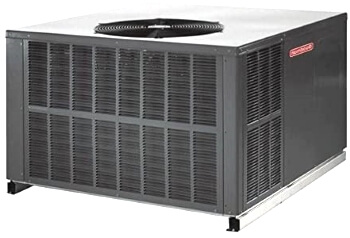
The average cost of installation is around $6,500. The most affordable units cost around $3,500 to $4,000, while the most expensive options cost around $8,000 to $9,000. These are the costs for a prompt replacement. There will be added expenditures if new duct work or other serious improvements are necessary.
Is A Natural Gas AC unit Good For The Home?
Yes. These AC units often have lower operational costs than electric-based AC units and ultimately pay for themselves through saving energy.
Furthermore, this type of cooling appliance may lessen your reliance on the electricity network. Even if the electricity goes out, you may still have a functioning AC system.
Indeed, a very effective thing you can accomplish to upgrade your home is to purchase and install a natural gas cooling system. You will not only obtain cold (or even the warm) air you require but will also get it in a timely and cost-effective way as well.

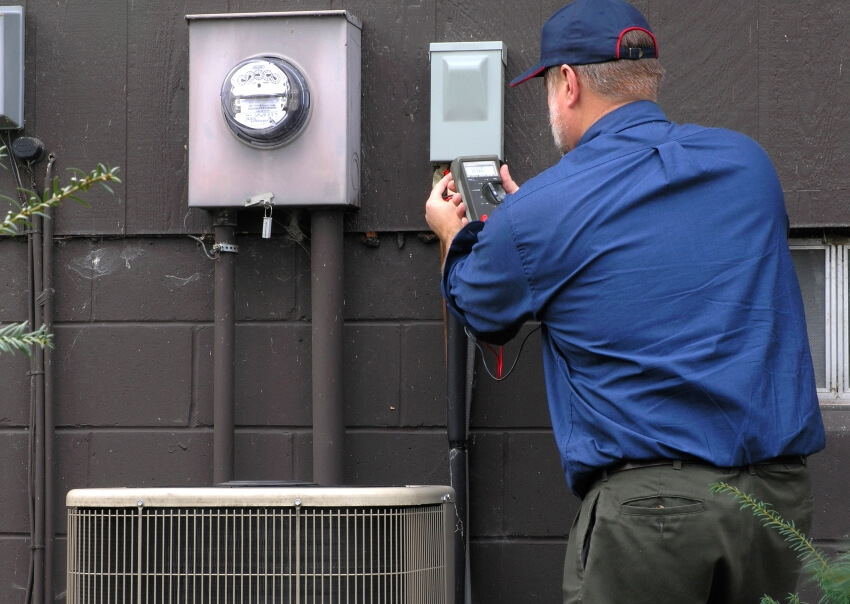
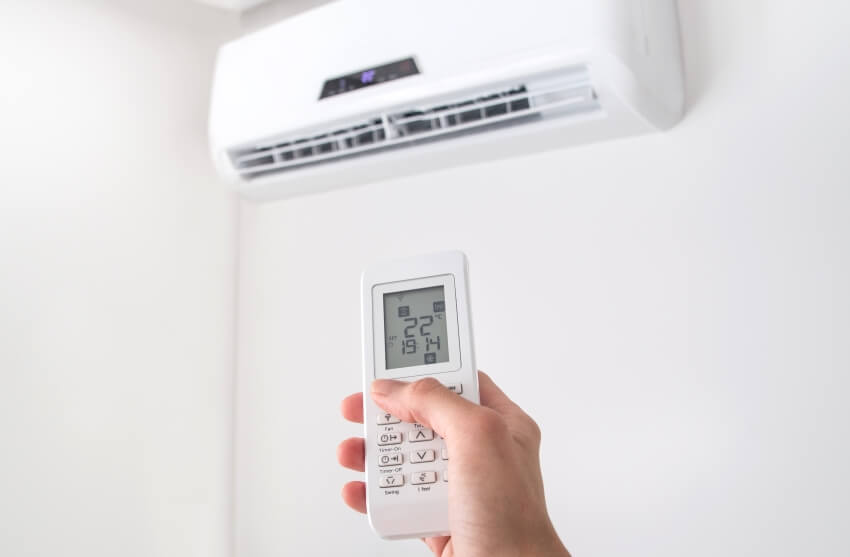
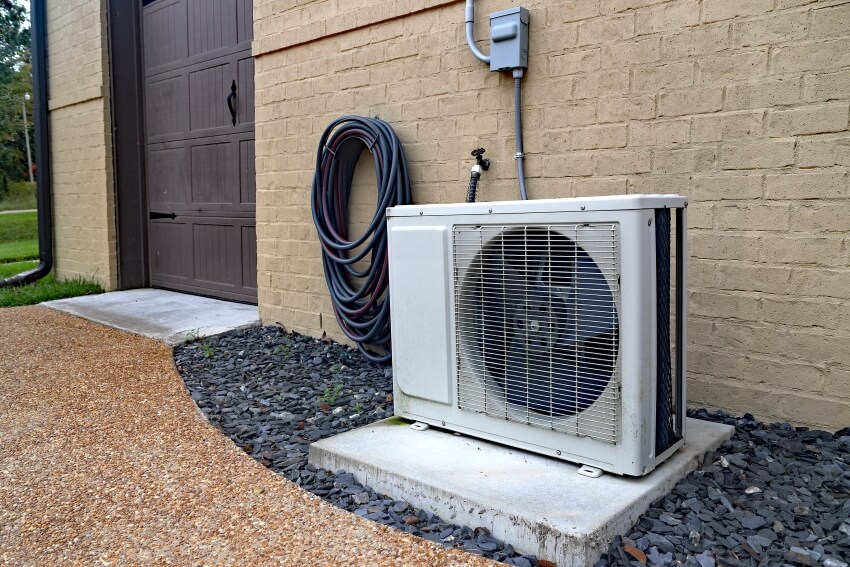
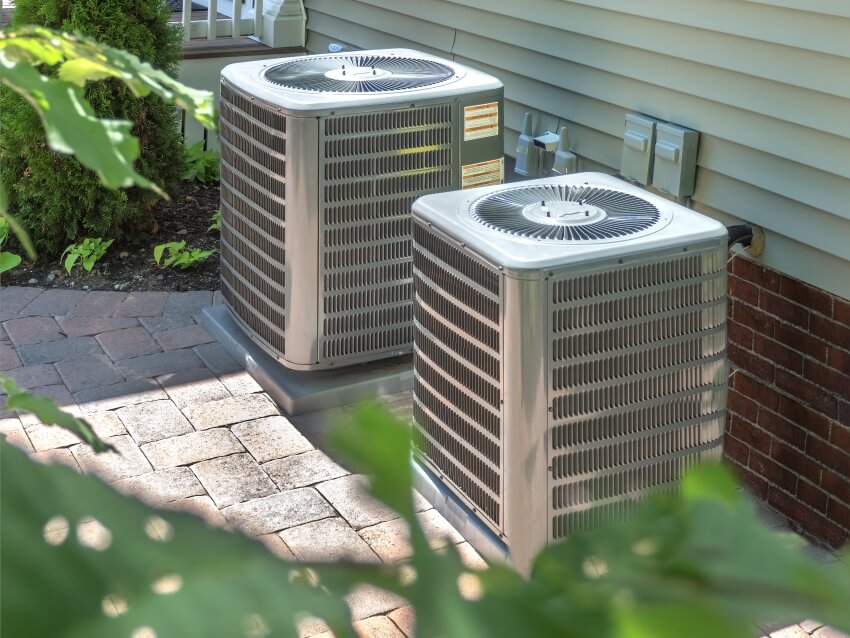

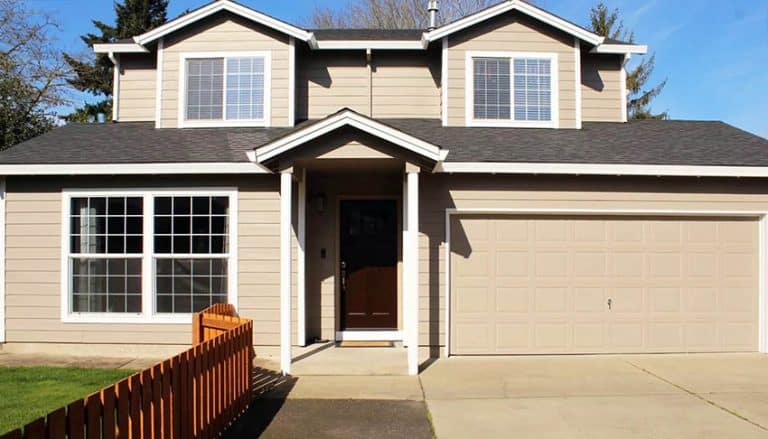




How big of an air conditioner would it take for a 20/80 building with 8’ ceiling?